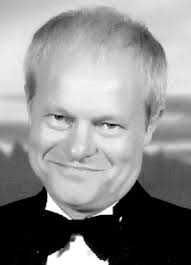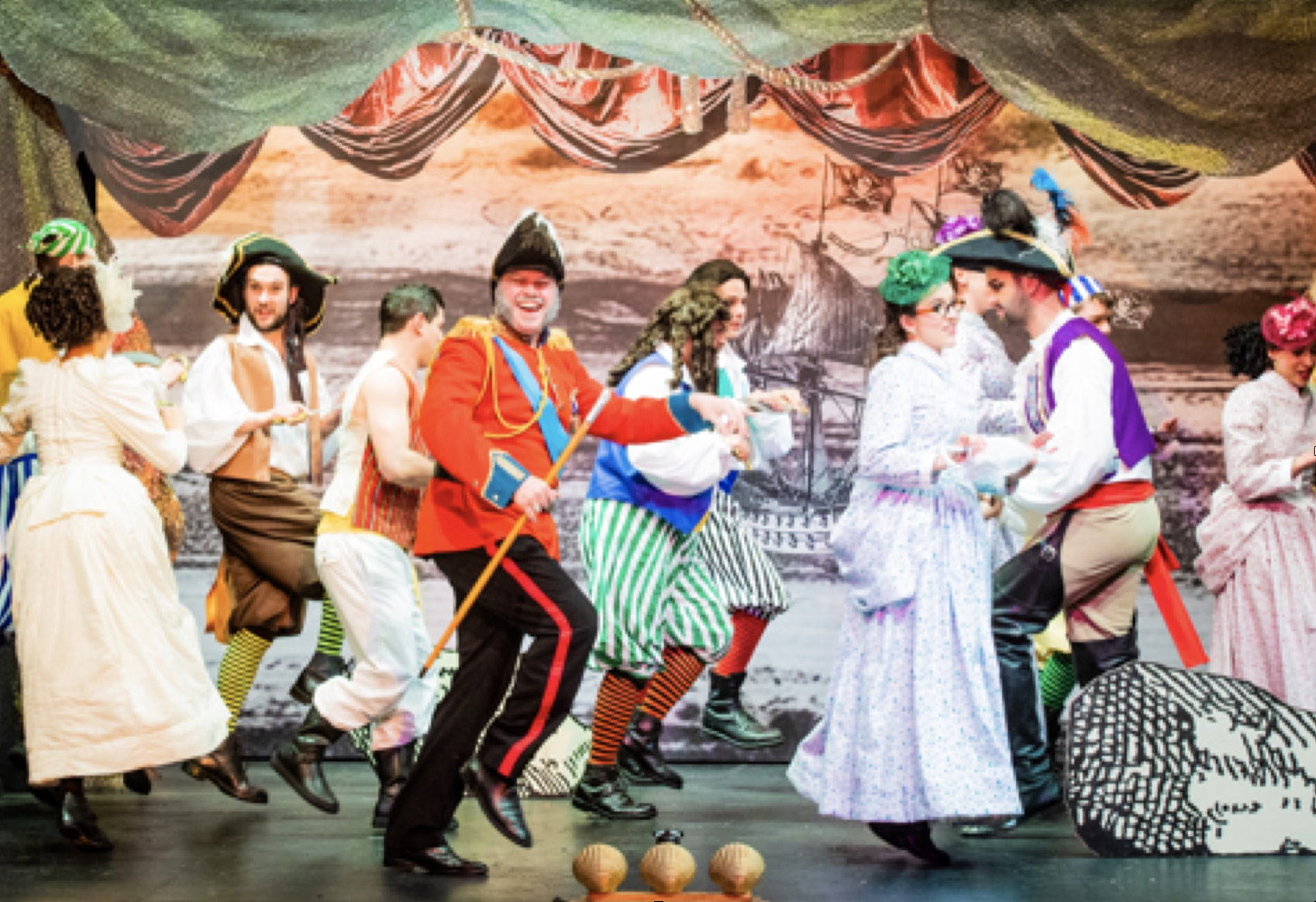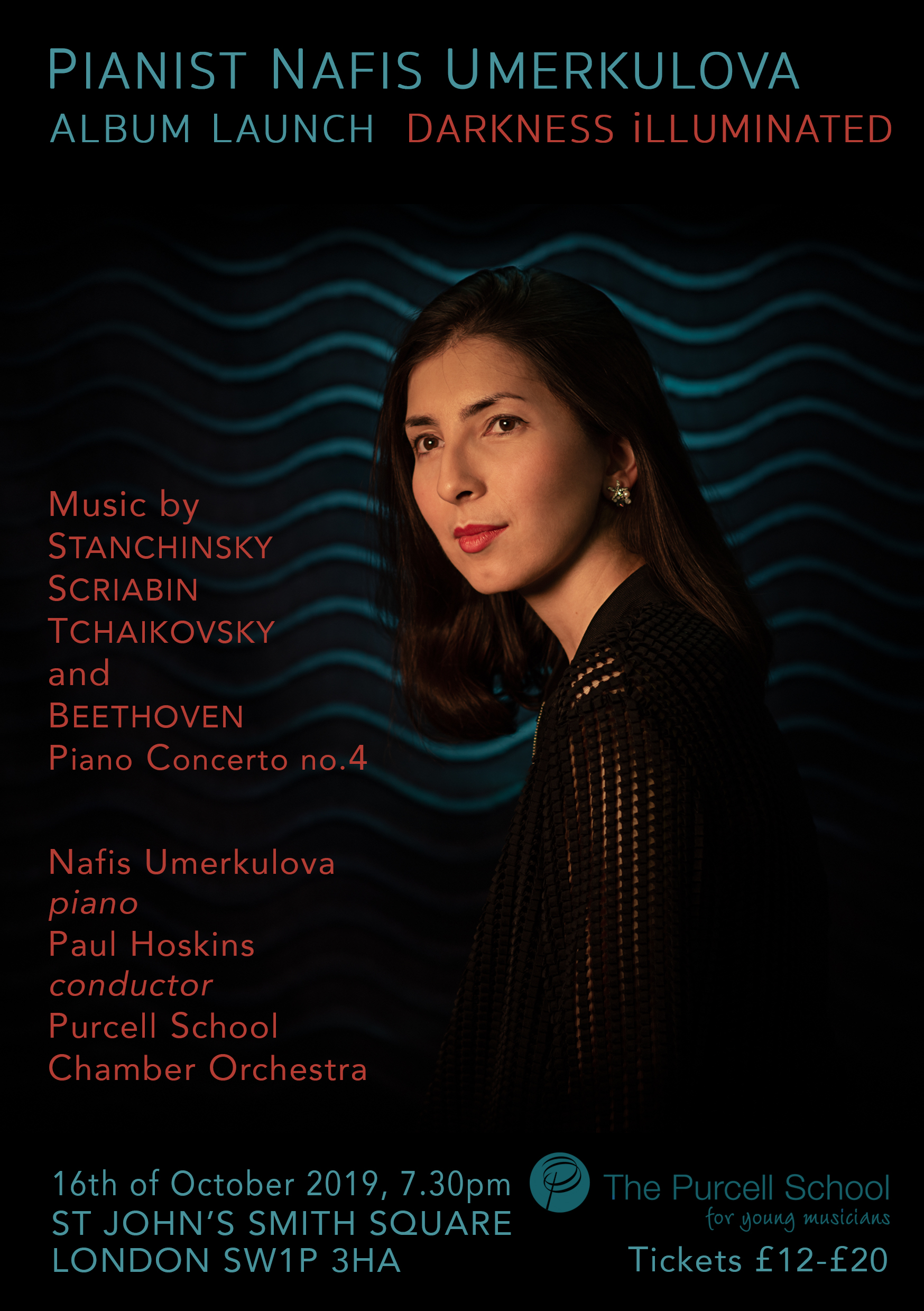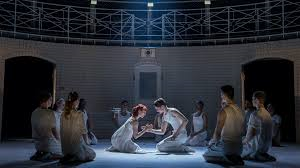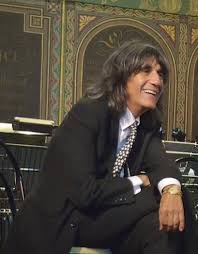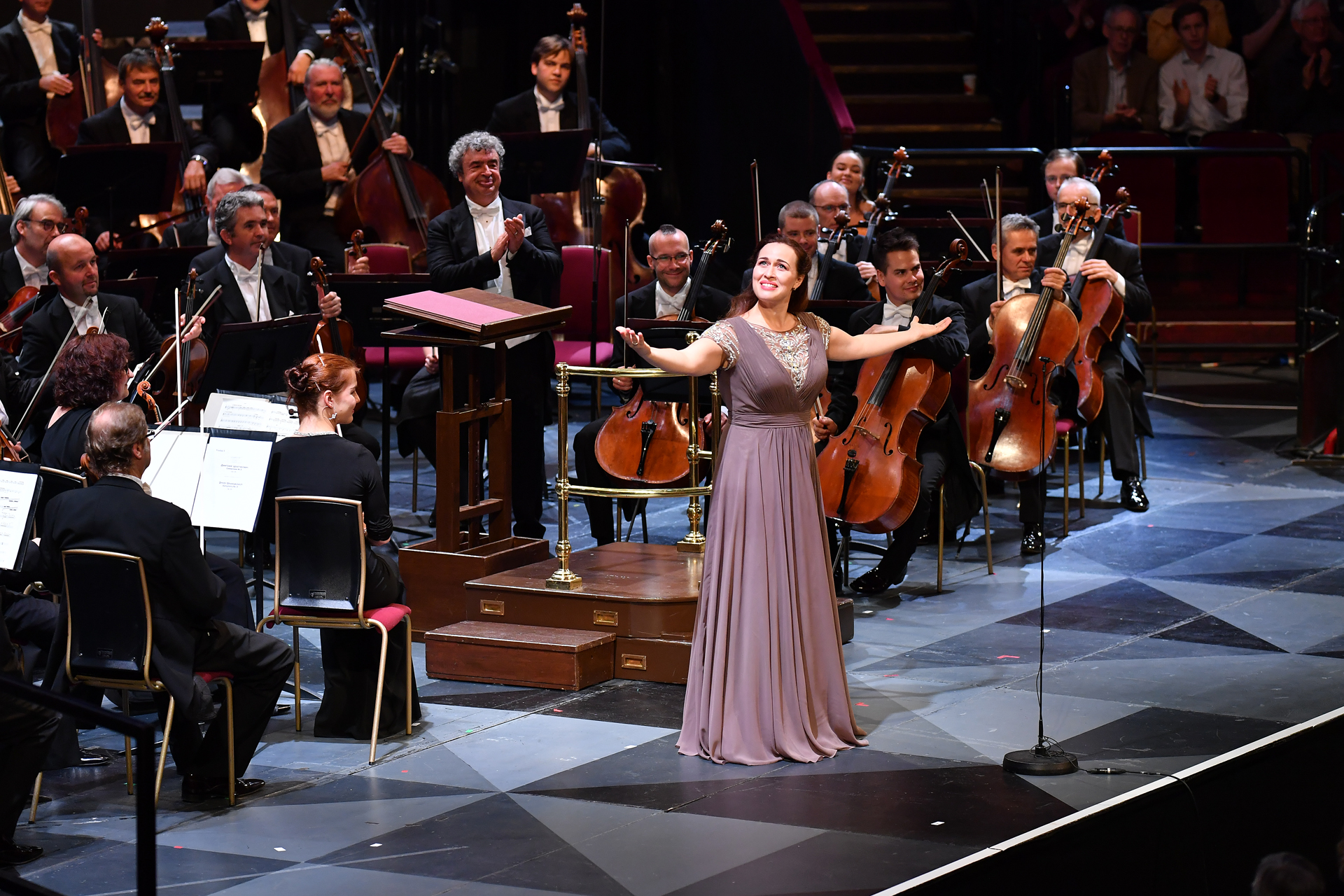Orpheus in the Underworld
Jacques Offenbach (1819 – 1880)
Hector-Jonathan Crémieux and Ludovic Halévy, after classical mythology. Freely adapted from the original French by Emma Rice and Tom Morris.
Conductor, Sian Edwards (Valentina Peleggi, Nov 21, 26, 28)
Director, Emma Rice
Emma Rice makes her opera debut for English National Opera’s Orpheus Series
Opens Saturday 5 October at 7.30pm (12 performances)
Emma Rice brings her wit and charm to English National Opera’s new season, with her operatic debut: an adaptation of Offenbach’s riotous operetta Orpheus in the Underworld (1858).
Emma Rice’s productions sparkle with theatrical spectacle and vivacious humour, whilst never shying away from the deeper meanings and emotions. The Artistic Director of Wise Children, formerly of Shakespeare’s Globe and Kneehigh, this is Rice’s first opera.
The production forms part of ENO’s Orpheus Series, a reimagining of four operas exploring the Orpheus myth in autumn 2019. Each is interpreted by four directors from diverse theatrical disciplines, all in sets by renowned designer Lizzie Clachan.
Emma Rice comments: “Music has always been a huge part of my life and my work. The chance to work on one of the greatest stories of all time with this heart-stopping music pulsing through its veins was one I couldn’t refuse! Intoxicating, seductive, funny and heart-breaking, Orpheus in the Underworld fills and fulfils my dreams. In rehearsals, when I hear 55 amazing musicians singing some of the most thrilling music I have ever heard, I have to pinch myself! Poignant, prescient and romantic to its bones, this promises to be a treat for the heart, mind and soul.”
Orpheus in the Underworld begins with tragedy. A young couple’s marriage is overwhelmed by grief and, seeking comfort, Eurydice is fooled into taking Pluto, ruler of the Underworld, as her lover. When she suddenly dies and is transported to a hedonistic, party filled Underworld, her estranged husband Orpheus resolves to try and bring her back. To achieve the impossible he will need the help of the glamorous, conceited but rather bored gods. Little does he know that the gods have plans of their own for Eurydice…
Originally composed as a parody of Gluck’s Orpheus and Eurydice which had premiered nearly a century before, Offenbach’s operetta poked fun at the characters of ancient myths. An immediate box office success, the score’s high-energy ‘Galop Infernal’ was adopted by cabaret shows, immortalising it in popular culture as the soundtrack to the ‘can-can’ dance. Emma Rice’s adaptation brings the story up to date with a chilling reflection on the high-spirited hedonism that Offenbach originally staged. This production sees the glitzy world of cabaret veiling a seedy, rotten Underworld; where objectified Eurydice is at the mercy of male desire.
Tenor Ed Lyon sings Orpheus. Trained at St John’s College Cambridge, the Royal Academy of Music and the National Opera Studio, he has appeared internationally, with a wide repertoire that ranges from baroque to contemporary.
Established ENO star Mary Bevan returns in the role of Eurydice. Having joined ENO’s Harewood Artist programme in 2011, Mary has gone on to sing many roles at ENO and internationally. Praised for her ‘dramatic wit and vocal control’ (Opera), she is a winner of the UK Critics’ Circle Award for Exceptional Young Talent in Music.
Baritone Lucia Lucas makes her ENO debut as Public Opinion. California born and Germany based, Lucia recently made history in the title role of Tulsa Opera’s Don Giovanni, where she became the first transgender woman to perform a principle role on the operatic stage in the United States.
Bass-baritone Sir Willard White trained at the Jamaican School of Music and the Juilliard School in New York. Since his operatic debut with the New York City Opera in 1974, he has sung regularly at the Royal Opera, Covent Garden, the Metropolitan Opera, New York, and at the Glyndebourne, Aix-en-Provence and Salzburg festivals. He will be singing the role of Jupiter, with Robert Haywood taking over on November 21, 26 and 28.
The all-star cast is completed by Alan Oke singing John Styx while ENO Harewood Artists Alex Otterburn and Idunnu Münch are Pluto and Diana. Anne-Marie Owens is Juno, whilst Keel Watson takes the role of Mars and Judith Howarth sings Venus. Ellie Laugharne completes this host of operatic talent as Cupid.
Former ENO Music Director Sian Edwards takes the conductor’s baton, with current Mackerras Fellow Valentina Peleggi supporting for three performances in November.
The set is designed by Lizzie Clachan and the costumes are by Lez Brotherston. Choreography is by Etta Murfitt, Lighting design is by Malcolm Rippeth and Sound Design by Simon Baker.
Emma Rice and Tom Morris have freely adapted the piece from the original French.
Orpheus in the Underworld opens Saturday 5 October at 7:30pm at the London Coliseum for 12 performances: Oct 5, 11, 23, 30 & Nov 1, 8, 12, 21, 26 at 19.30. Oct 19 at 14.00. Oct 26 at 13.45. Nov 28 at 19.00
Tickets start from £10 (plus booking fee)*
*£2.25 booking fee applies to online and telephone bookings


